Into Peru in Search of Plants – NYBG (2018)
Dr. Fabian Michelangeli is a curator at the New York Botanical Garden. Here in this short documentary, we see snaphots of phases of an expedition he organized to the Yanachaga–Chemillén National Park located in the cloud forests of Peru located in search of plants that help us better understand the state of global biodiversity, climate change, and other factors that contribute to far-reaching conservation efforts. The Andes mountain range of South America is a geological marvel that initiated the speciation […]

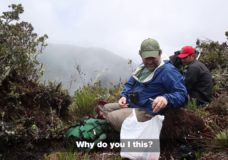
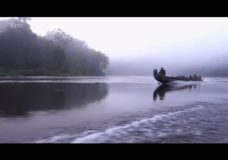
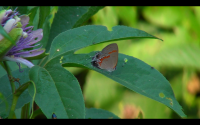
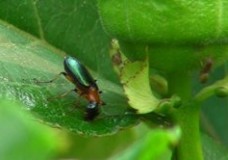
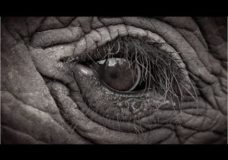

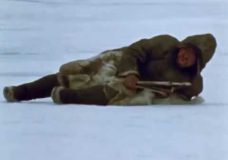

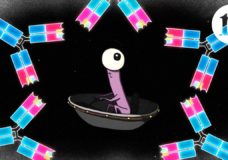
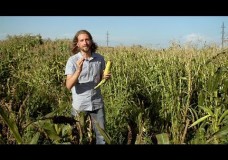
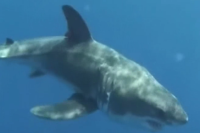
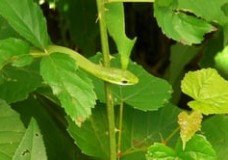
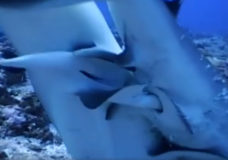

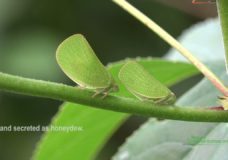

Recent Comments